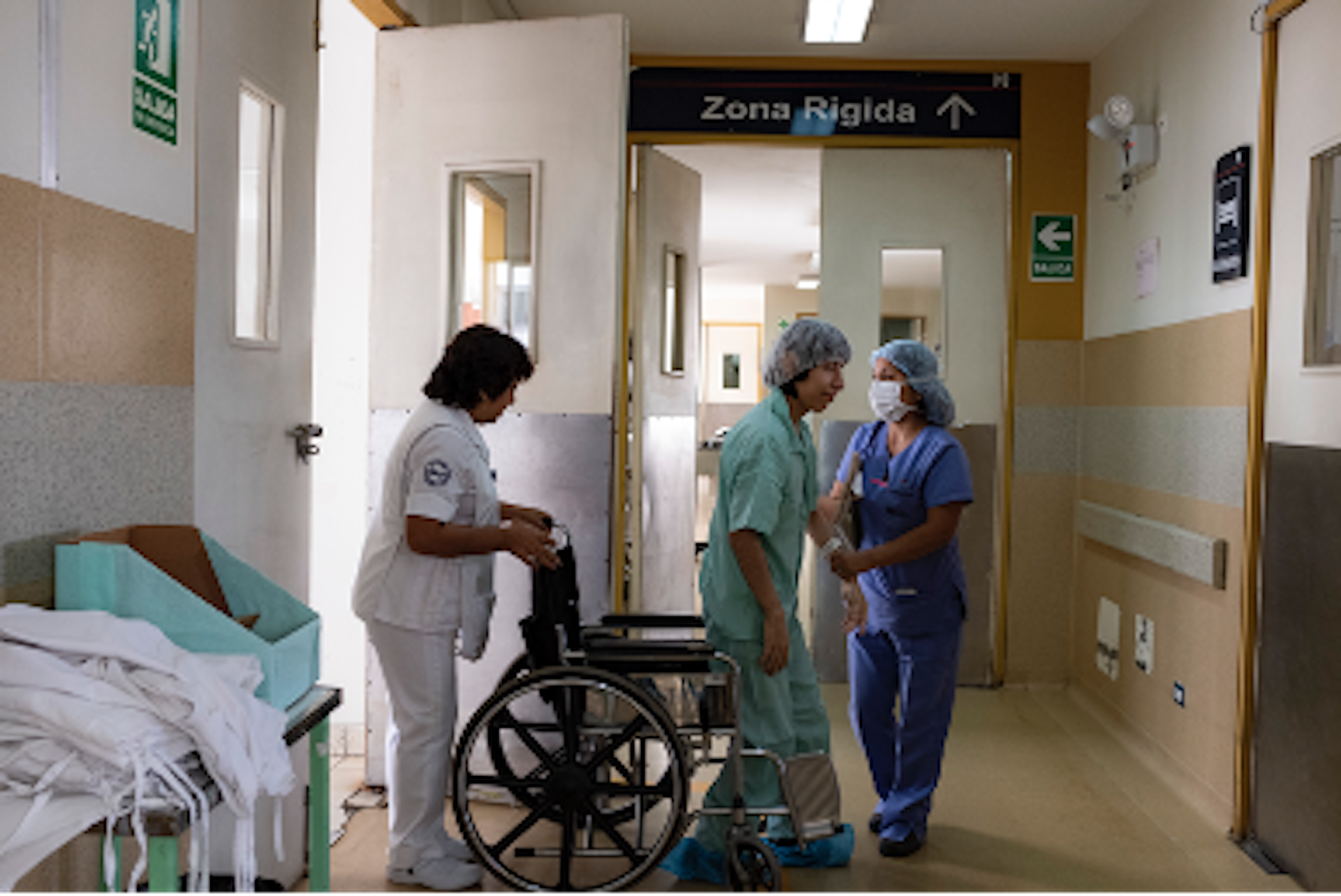Surgical and Anaesthesia Care
Surgery and anaesthesia care are essential to a comprehensive primary health care (PHC) approach and to a people-centred continuum of emergency, critical, and operative care (ECO) services. Surgeons and anaesthetists treat a wide variety of conditions, from cancers and injuries to complications of pregnancy and infections. Billions of people currently lack safe, timely and affordable access to these services. Universal access to these services would save lives, prevent disability and promote economic growth. WHO‘s goal is to strengthen health systems to improve the delivery of comprehensive surgical and anaesthesia care, ensuring access without financial risk, to all people everywhere.
Operative Care Toolkits
WHO Academy Courses on Operative care at the first-level hospital
These modules will soon be available on OpenWHO and subsequently on the WHO Academy
Community of Practice (Frontline Surgical Providers)
WHO Global Initiative for Emergency and Essential Surgical Care (GIEESC) was established in Dec 2005, and is a global forum that convenes multidisciplinary stakeholders representing health professionals, public health experts, health authorities and local and international organizations.




